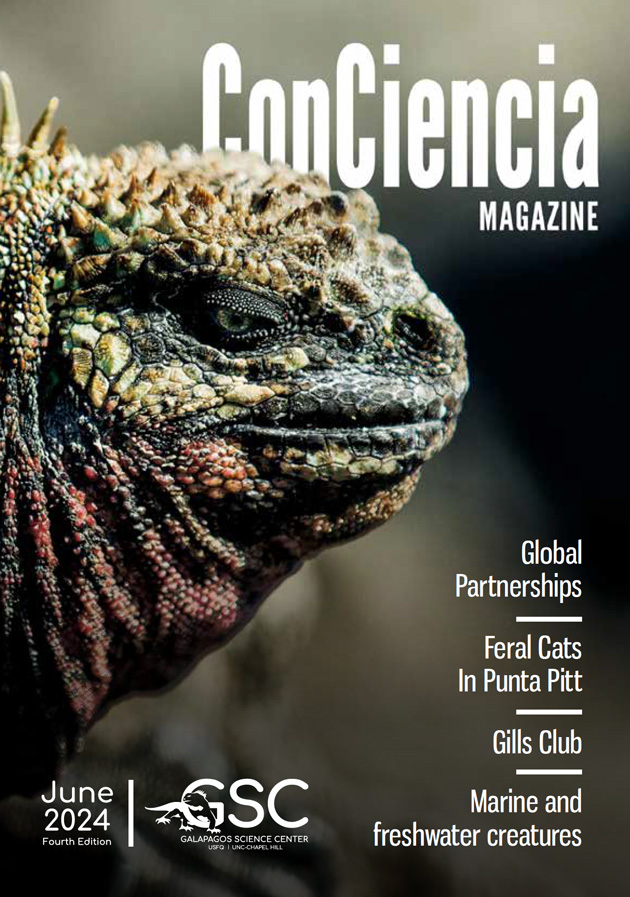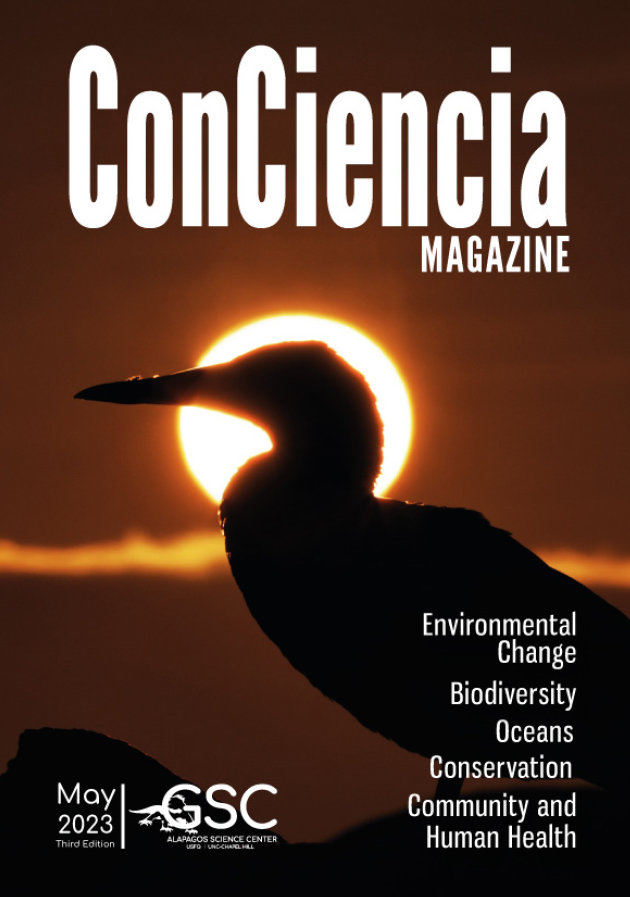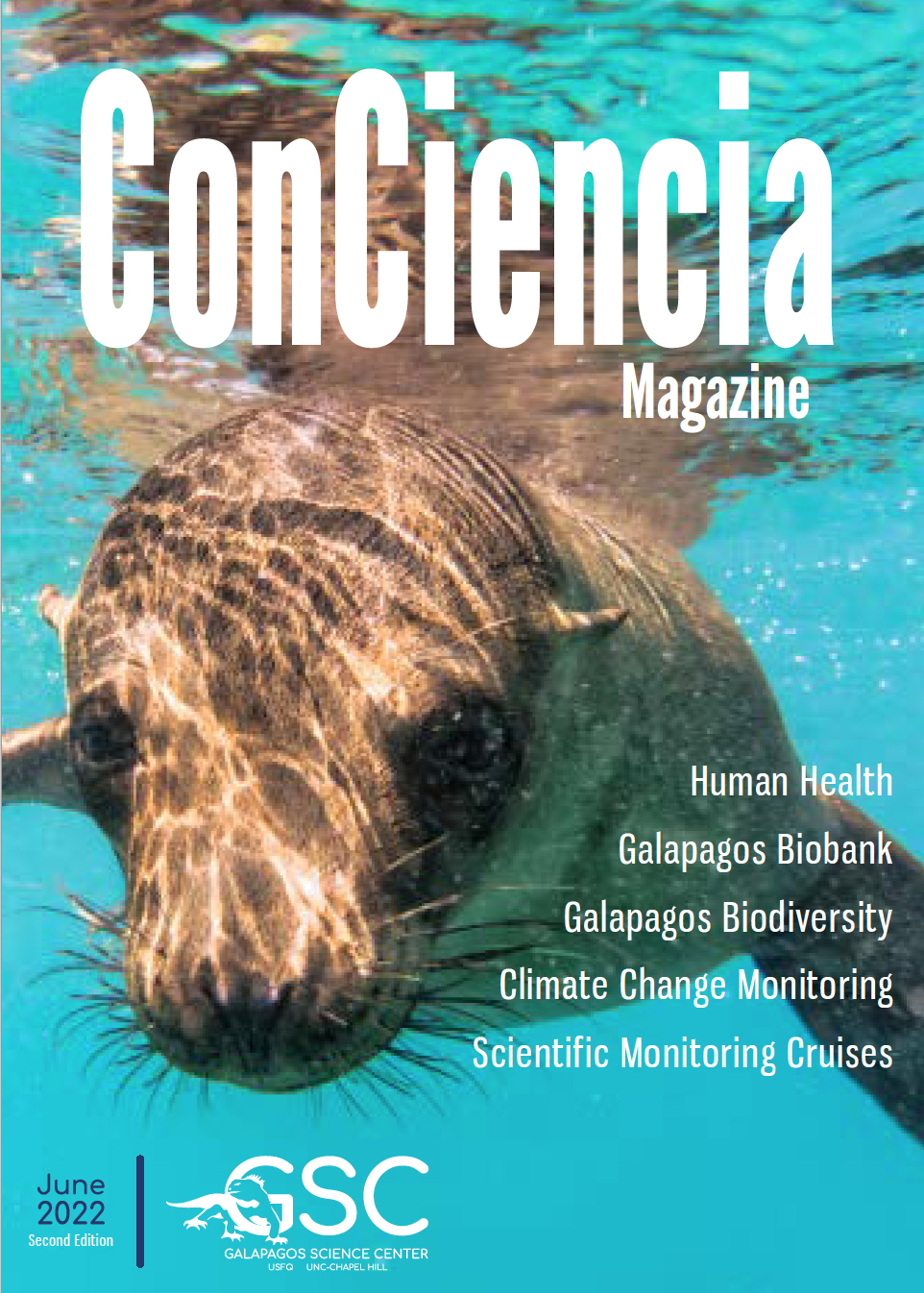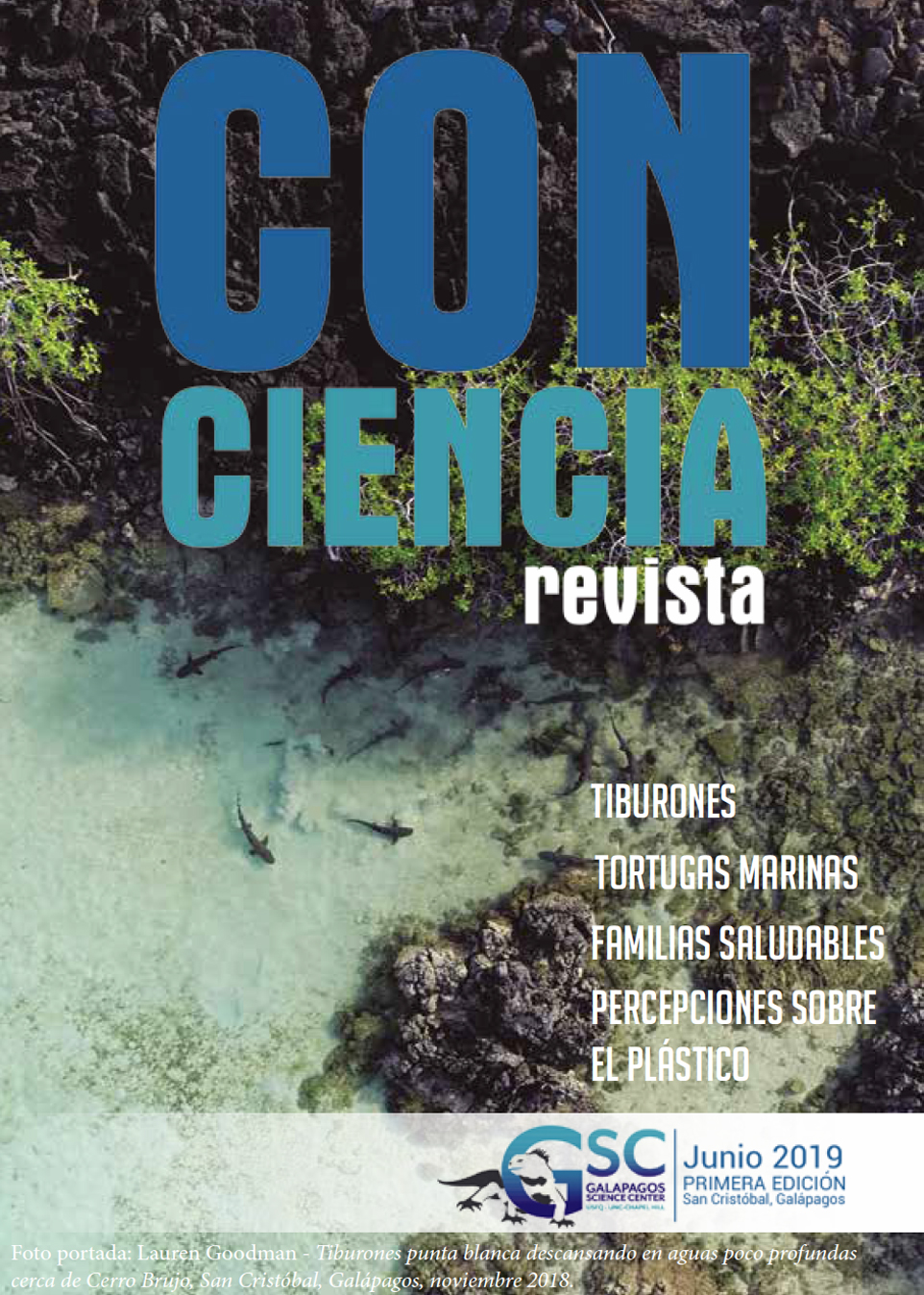NEWS & EVENTS
LATEST NEWS
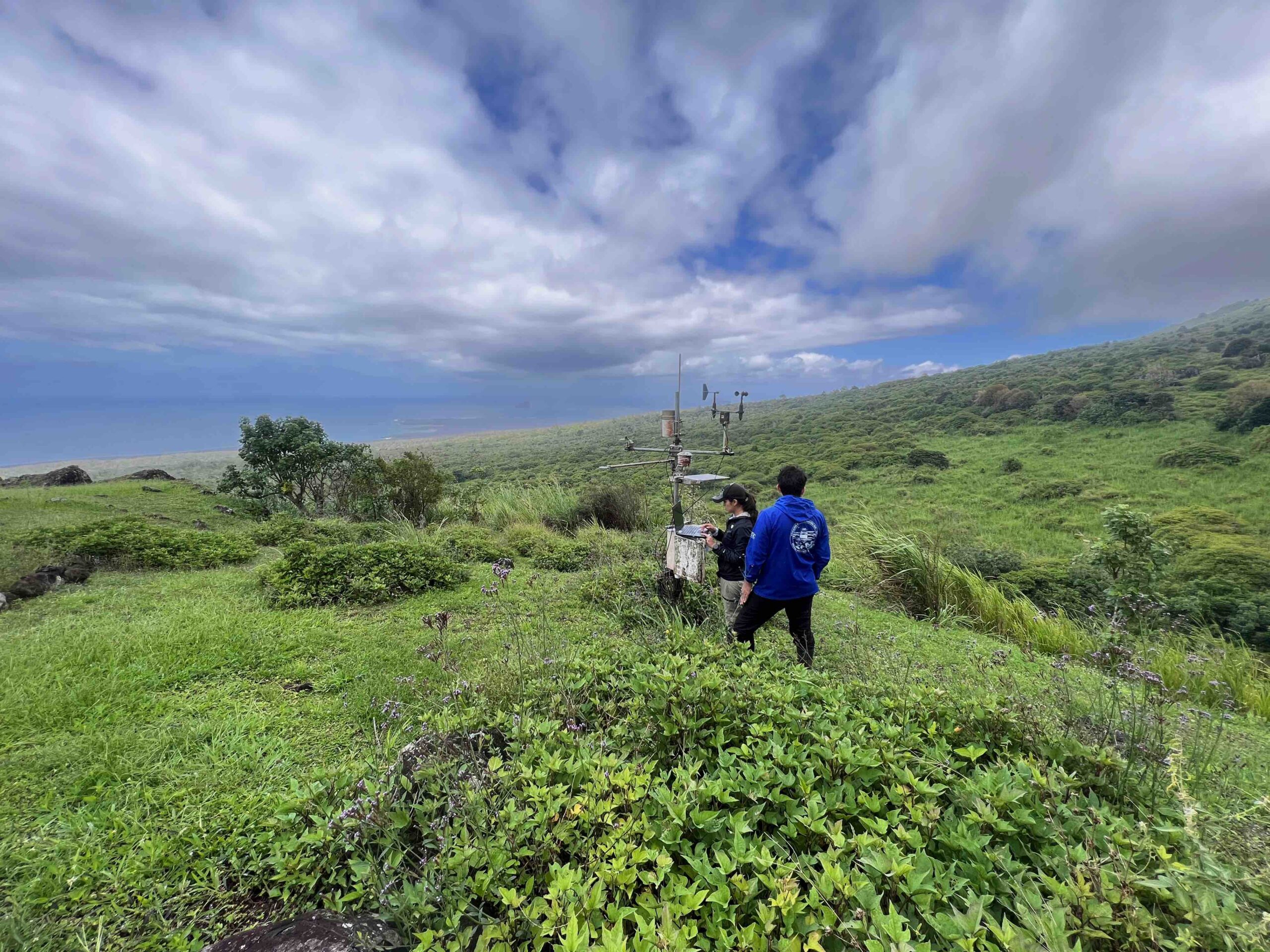
Galapagos Data Hub Launch: Technological breakthrough for environmental conservation in Galápagos
Want to be part of the revolution in environmental conservation? Then the Galápagos Data Hub is your new digital destination! Discover a unique tool that gathers, analyzes, and shares crucial geospatial information for the sustainable management.

USFQ and the Galapagos Science Center participates in the Darwin200 expedition in the Galápagos: research and conservation
Darwin200 and the Galapagos Science Center will closely collaborate from May 14th to 17th to expand on Darwin’s observations and address environmental challenges through joint research and conservation actions.

New nursery for vulnerable hammerhead shark discovered in Galápagos
Scientists on a Greenpeace expedition in the Galápagos Marine Reserve believe they have found what could be the first known smooth hammerhead shark nursery in the region after observing several young pups. The team was also able to track a subadult smooth hammerhead.
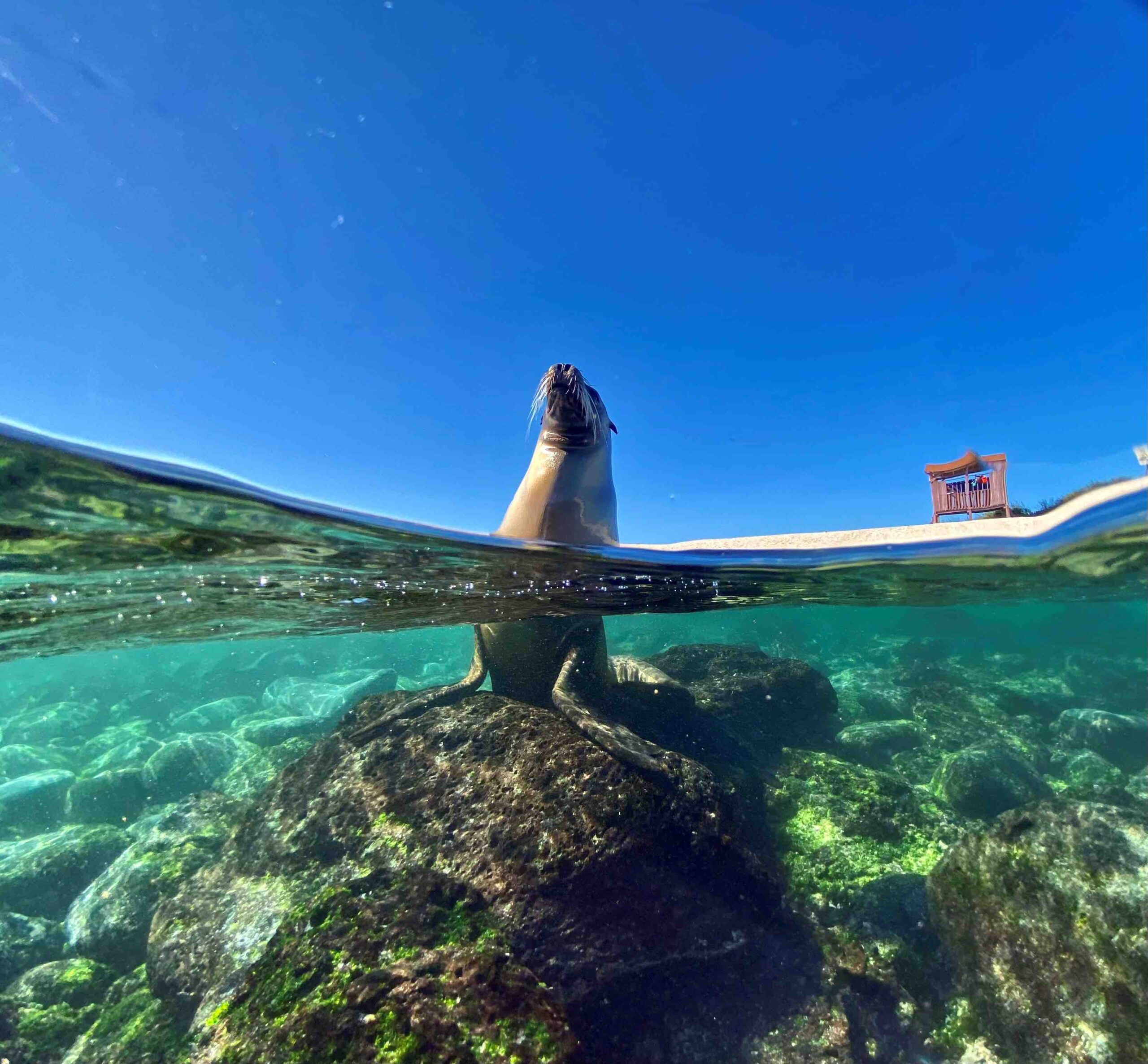
Kenan Galapagos Fellows Program Launches Fall 2024
William R. Kenan, Jr. Charitable Trust awards UNC Center for Galapagos Studies to launch fellowship program. This grant not only equips the next generation of students and researchers with the experiences and ability to play a significant role; it encourages others to consider supporting our center to create even broader impact.
SCIENTIFIC ARTICLES
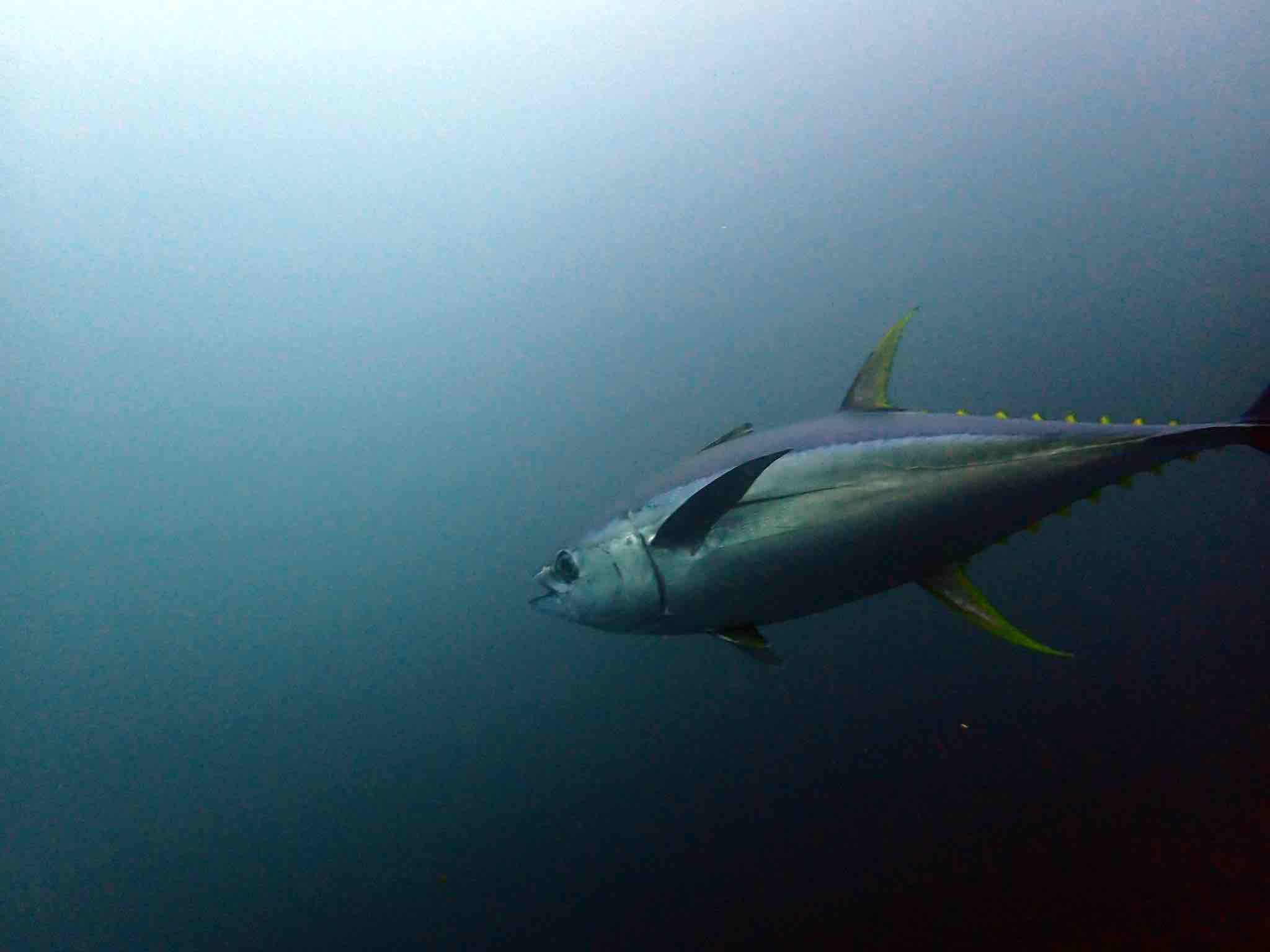
Fishing effort dynamics around the Galápagos Marine Reserves as depicted by AIS data
This study was conducted as part of the Shark Research in Galapagos Project (led by CP), and which received an initial support from Iris and Michael Smith. The funders had no role in study design, data collection and analysis, decision to publish, or preparation of the manuscript.
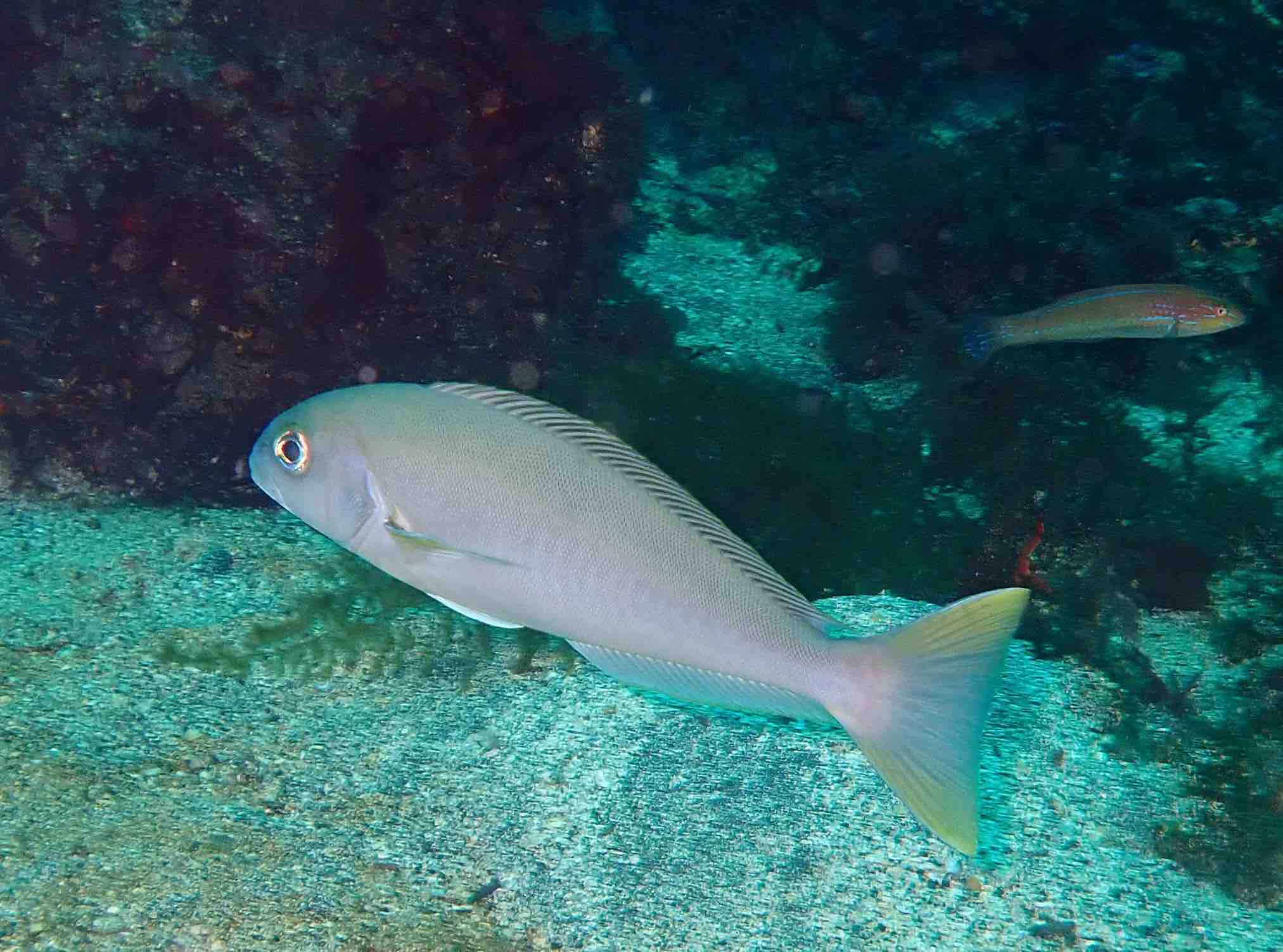
Feeding strategies of the ocean white fish (Caulolatilus princeps) and white spotted sand bass (Paralabrax albomaculatus) inside the Galapagos Marine Reserve
This work highlights the value of trophic studies to generate useful information for ecosystem-based fisheries management.
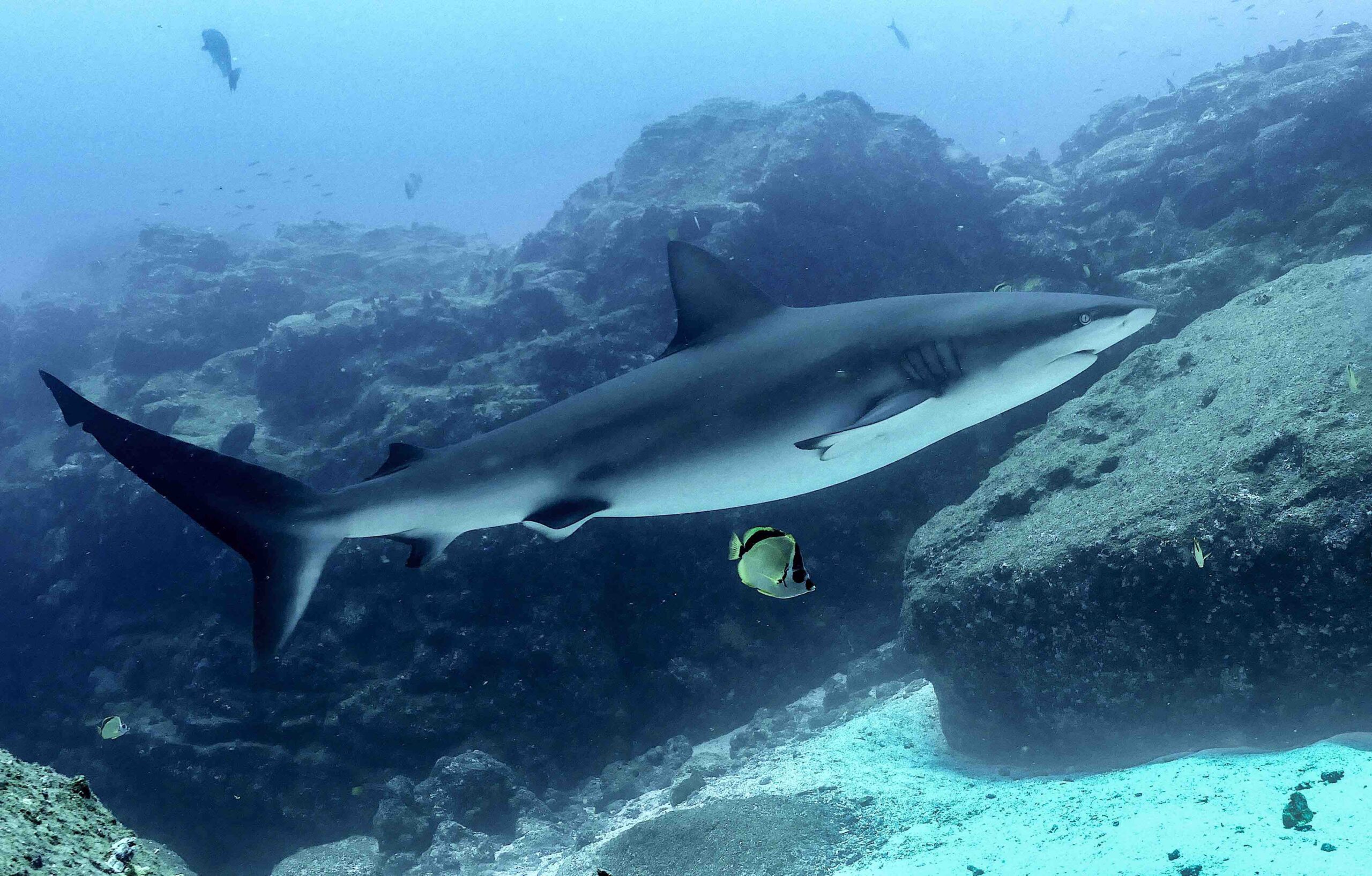
Genetic identification of three CITES-listed sharks using a paper-based Lab-on-a-Chip (LOC)
Threatened shark species are caught in large numbers by artisanal and commercial fisheries and traded globally. Monitoring both which shark species are caught and sold in fisheries, and the export of CITES-restricted products, are essential in reducing illegal fishing.

Taxonomic assessment of blade-forming Ulva species (Ulvales, Chlorophyta) in the Galápagos Archipelago, Ecuador using DNA sequencing
DNA sequences were obtained from 32 blade-forming Ulva specimens collected in 2018 and 2019 from four islands in the Galápagos Archipelago.
EVENTS
6TH GALAPAGOS RESEARCH AND CONSERVATION SYMPOSIUM
The 6th Galápagos Research and Conservation Symposium took place on Monday, July 15 and Tuesday, July 16, 2024 at the Charles Darwin Convention Center on San Cristóbal, Galápagos. This important multidisciplinary event was organized by the Galapagos Science Center, with the sponsorship of the University of North Carolina at Chapel Hill and the Universidad San Francisco de Quito with the endorsement of the Galapagos National Park.
5TH GALAPAGOS RESEARCH AND CONSERVATION SYMPOSIUM
Puerto Baquerizo Moreno, on San Cristóbal Island, will host the 5th Galapagos Research and Conservation Symposium. This significant multidisciplinary event will feature scientific presentations and community-focused talks, showcasing research and initiatives related to conservation, environmental change, biodiversity and oceans, health, and community initiatives.
World Summit on Island Sustainability
In 2022, the Galapagos Science Center (GSC) and the broader UNC & USFQ Galapagos Initiative celebrated its 10th Anniversary. The GSC hosted the World Summit on Island Sustainability on June 26–30, 2022 at the Galapagos Science Center and the Community Convention Center on San Cristobal Island.
Read our Epub Magazine 2024 Edition
Read our Epub Magazine 2023 Edition
Read our Epub Magazine 2022 Edition

